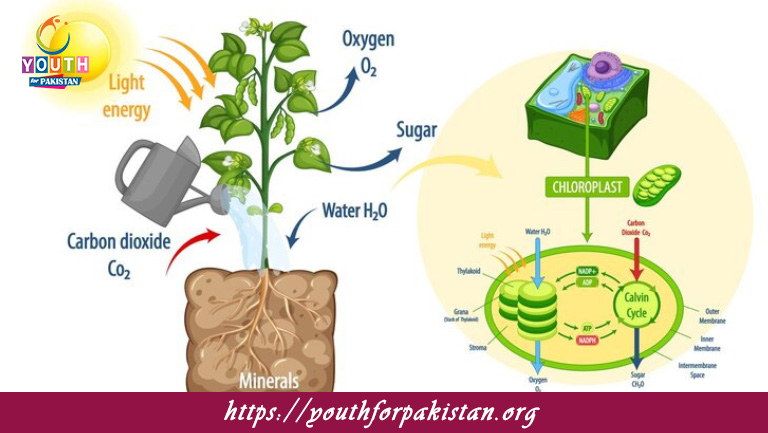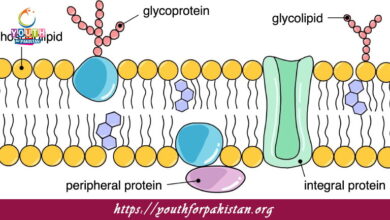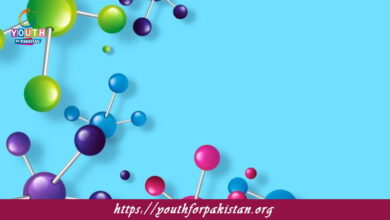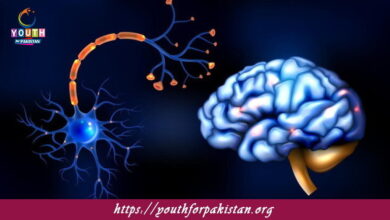Production of ATP MDCAT Quiz with Answers

Production of ATP MDCAT Quiz; ATP (Adenosine Triphosphate) is the most important energy currency of the cell, used to drive all biological processes that sustain life. Its generation takes place via a number of metabolic pathways: glycolysis, Krebs cycle, and oxidative phosphorylation. The concept of ATP synthesis is, therefore, central to bioenergetics and cellular metabolism and an important topic for MDCAT students.
ATP Production in Cellular Respiration
The first step of production involves glycolysis in the cytoplasm, which breaks down one glucose molecule into two molecules of pyruvate, thereby generating a net gain of 2 ATP and 2 NADH. Pyruvate then moves to the mitochondrial matrix, where the Krebs cycle produces 2 ATP and high-energy electron carriers, including NADH and FADH₂. These electron carriers will deliver electrons to the ETC residing in the inner mitochondrial membrane, which is responsible for driving the production of 32-34 ATP through oxidative phosphorylation. Oxygen here acts as the final electron acceptor and, in this process, forms water.
ATP Production in Photosynthesis
In plants, ATP is also formed in the light-dependent reactions of photosynthesis. In this case, light energy is absorbed by chlorophyll, which excites electrons that then move along the electron transport chain of the thylakoid membrane. This creates a proton gradient that powers ATP synthase to generate ATP through photophosphorylation. The ATP so produced is then used in the Calvin Cycle for glucose synthesis.
Test Your Knowledge with an MDCAT Quiz
An MDCAT Quiz on ATP Production will test your knowledge of the various pathways involved, including glycolysis, the Krebs cycle, and oxidative phosphorylation. It will cover substrate-level phosphorylation, chemiosmosis, and electron carriers like NADH and FADH₂. Regular practice of these quizzes will prepare you for MDCAT exam questions on bioenergetics and metabolism.
Free Flashcards for Quick Revision
Free Flashcards on the Production of ATP provide a quick overview of important processes, including ATP synthesis in both cellular respiration and photosynthesis. These flashcards highlight such important terms as proton motive force, oxidative phosphorylation, and photophosphorylation for efficient revision of the MDCAT exam.
The production of ATP is a critical concept in understanding energy flow in cells and its function in biological processes. Use our quizzes and flashcards to strengthen your learning and score better in your MDCAT prep!

Which of the following pathways produces the most ATP per glucose molecule?
Oxidative phosphorylation

What happens to the high-energy electrons in NADH during oxidative phosphorylation?
They pass through the electron transport chain

Which of the following molecules is a product of the citric acid cycle that is used in the electron transport chain?
NADH
Experience the real exam environment with our expertly designed collection of over 25,000 MCQs MDCAT Mock Tests.





